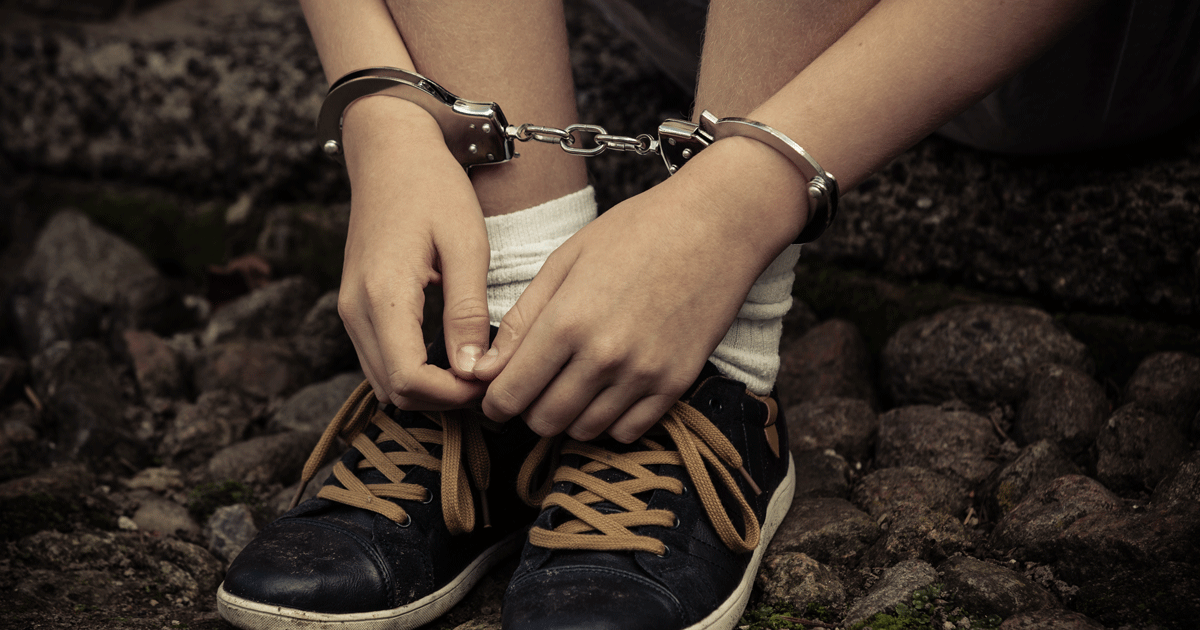At MFI, we were already supportive of prison reform that helps nonviolent criminals stay out of jail when appropriate, not least because doing time severely limits one’s ability to participate meaningfully in the economy following release. When we look at what it will take for Michigan to be prosperous again, we need to be removing barriers to employment, and those barriers are huge for the formerly incarcerated.
Turns out, prison reform could just as easily be a focus of our education agenda because over-incarceration is playing a significant role in making life really hard for a large number of Michigan kids, and undercutting the chance that they will be prepared for the economy of the future.
228,000 Children
In Michigan, 10 percent of kids have a parent in prison. 228,000 children. (According to last year’s Kids Count report, “A Shared Sentence.”)
A new report from the Economic Policy Institute claims that not only is it harmful–in a long-term, impacting life outcomes kind of way–for a child to have a parent in prison, but that it could be a significant driver of the achievement gap. (The “achievement gap” usually refers to the gap between black and white performance in our educational system.) The conclusion is logical when you think about it: with black men six times as likely to be incarcerated as white men, and one in three black men experiencing incarceration at some point in their lifetimes—the impacts are disproportionally going to fall on the children of those men, children of color.
The Impacts on Kids
While the researchers take pains not to attempt to quantify the impact precisely, they do share some remarkable factors. They have controlled for a variety of factors to do apples-to-apples comparisons, and find that, versus a child whose parents have never been incarcerated:
- A child with a parent in prison is 48% more likely to have ADHD, and 43% more likely to have behavior issues.
- A child with a parent in prison is 43% more likely to suffer from depression.
- A child with a parent in prison is 23% more likely to experience developmental delays.
“Children of incarcerated fathers are 51 percent more likely to suffer from anxiety, 43 percent more likely to suffer from depression, and 72 percent more likely to suffer from post-traumatic stress disorder.”
Not surprisingly, children with incarcerated parents are also more likely to engage in some of the behaviors that may lead, eventually, to their own induction to the justice system, like delinquency and marijuana use.
Naturally, all of these issues weave together in a complex dynamic of causality. Incarceration is wrapped up with poverty, joblessness, psychology, family culture, stigma in the community, stress, and trauma.
But what is clear is that when we over-incarcerate, the costs include worse life outcomes for children who were not themselves on trial.







